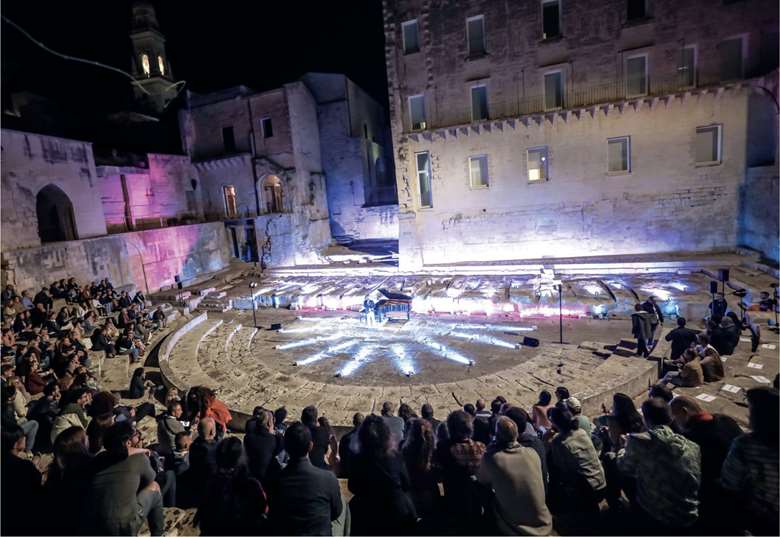Festival Focus: Piano City Lecce
James Imam
Wednesday, November 2, 2022
With performances in ornate Baroque churches, private homes, a nature reserve and even a bus, Piano City Lecce showed how the piano can infiltrate every aspect of a city's culture

GIOVANNI WILLIAM PALMISANO
Register now to continue reading
This article is from International Piano. Register today to enjoy our dedicated coverage of the piano world, including:
- Free access to 3 subscriber-only articles per month
- Unlimited access to International Piano's news pages
- Monthly newsletter






